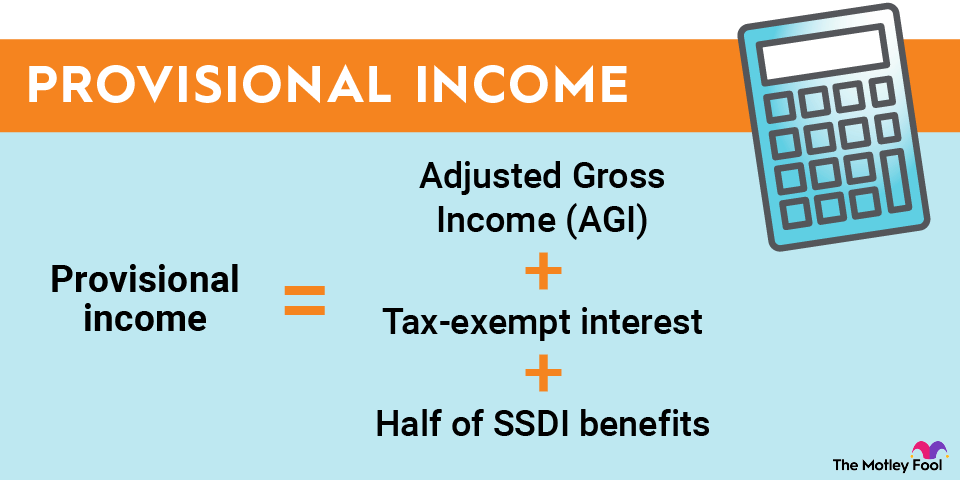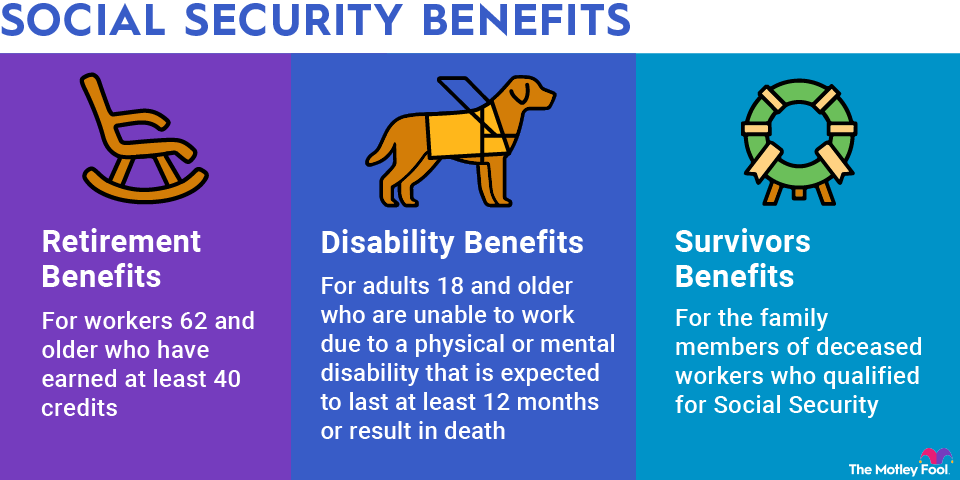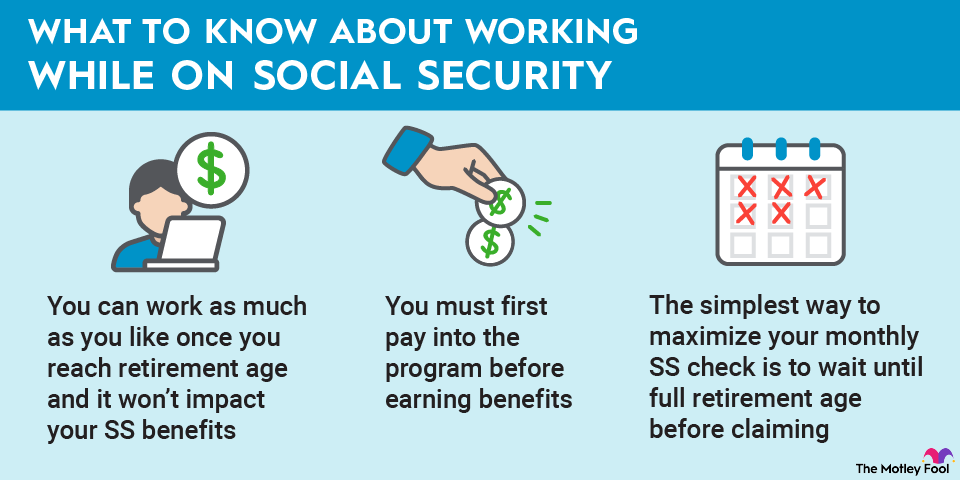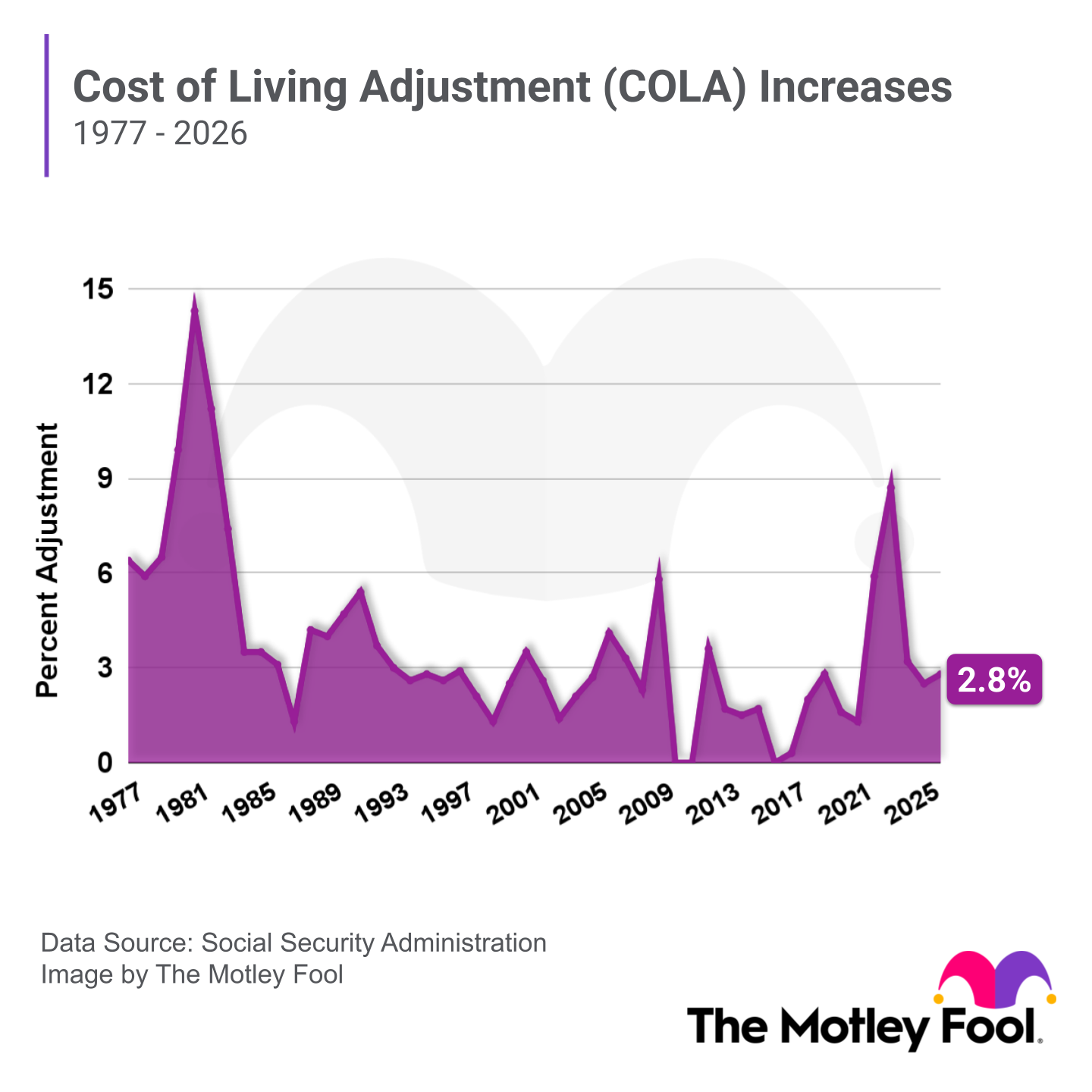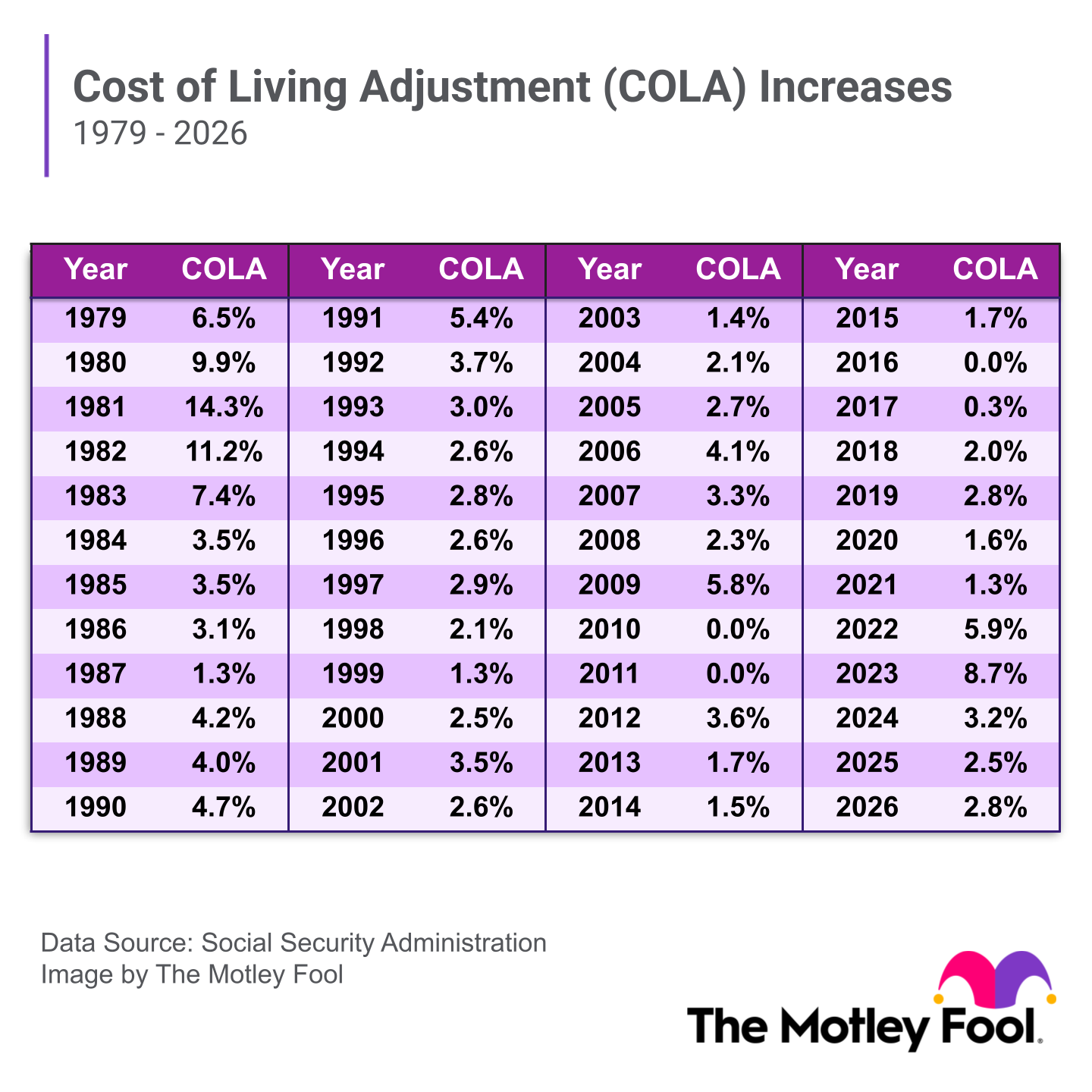Social Security benefits are most commonly used to help retirees cover expenses. But the Social Security Administration (SSA) also provides disability benefits to those who meet certain strict requirements.
What conditions are considered disabilities?
The SSA only considers you to be disabled if your medical condition “significantly limits” your ability to complete work-related activities, such as lifting, standing, walking, sitting, or remembering.
Medical impairments that could be considered disabling include:
- Musculoskeletal disorders
- Sense and speech impairments
- Respiratory disorders
- Digestive disorders
- Genitourinary disorders
- Hematological disorders
- Skin disorders
- Endocrine disorders
- Congenital disorders affecting multiple body systems
- Neurological disorders
- Mental disorders
- Cancer
- Immune system disorders
While many different medical conditions are considered disabling from the SSA’s perspective, your impairment will need to impact your ability to work productively -- and last for a period of time -- for your benefits claim to be approved.
